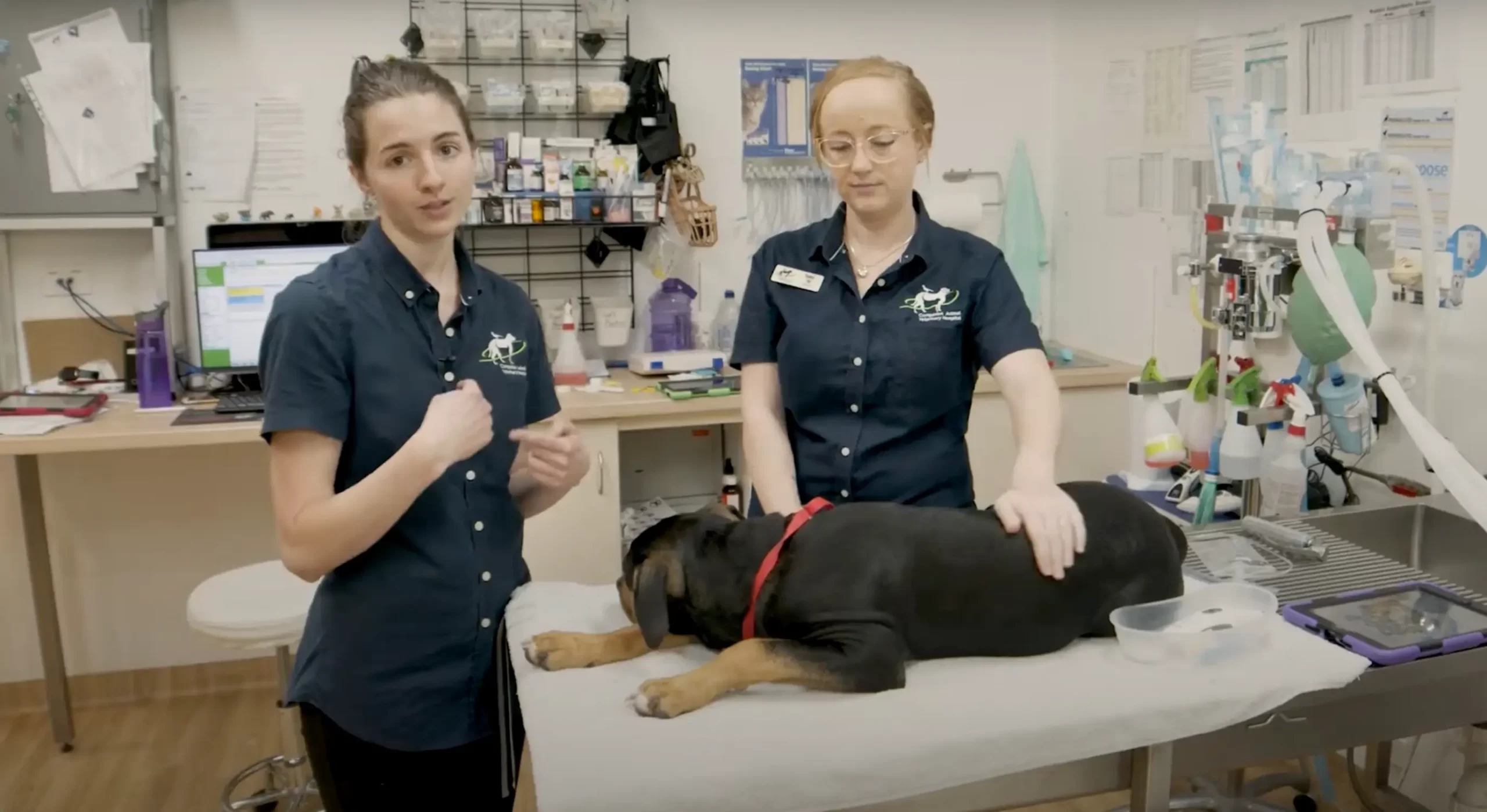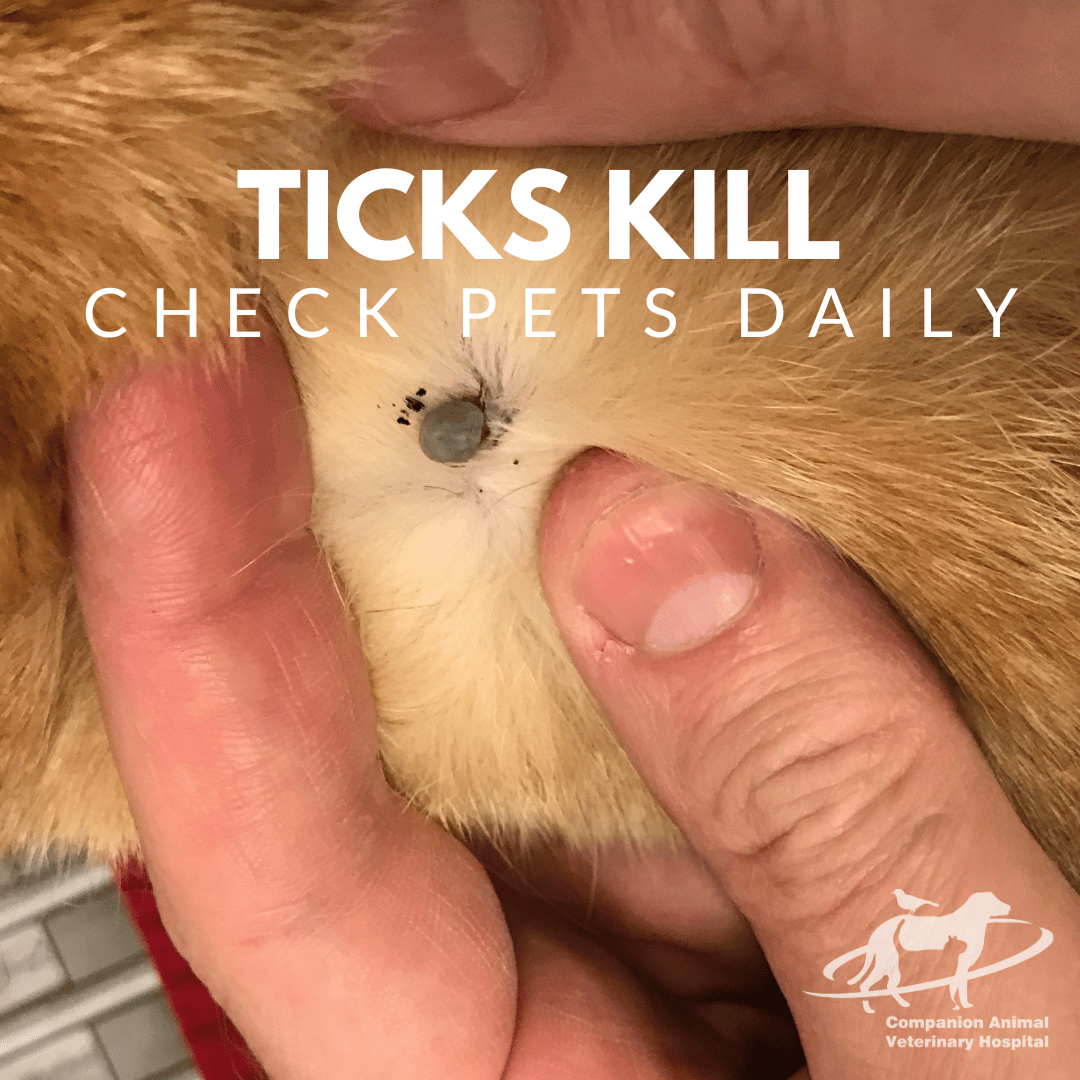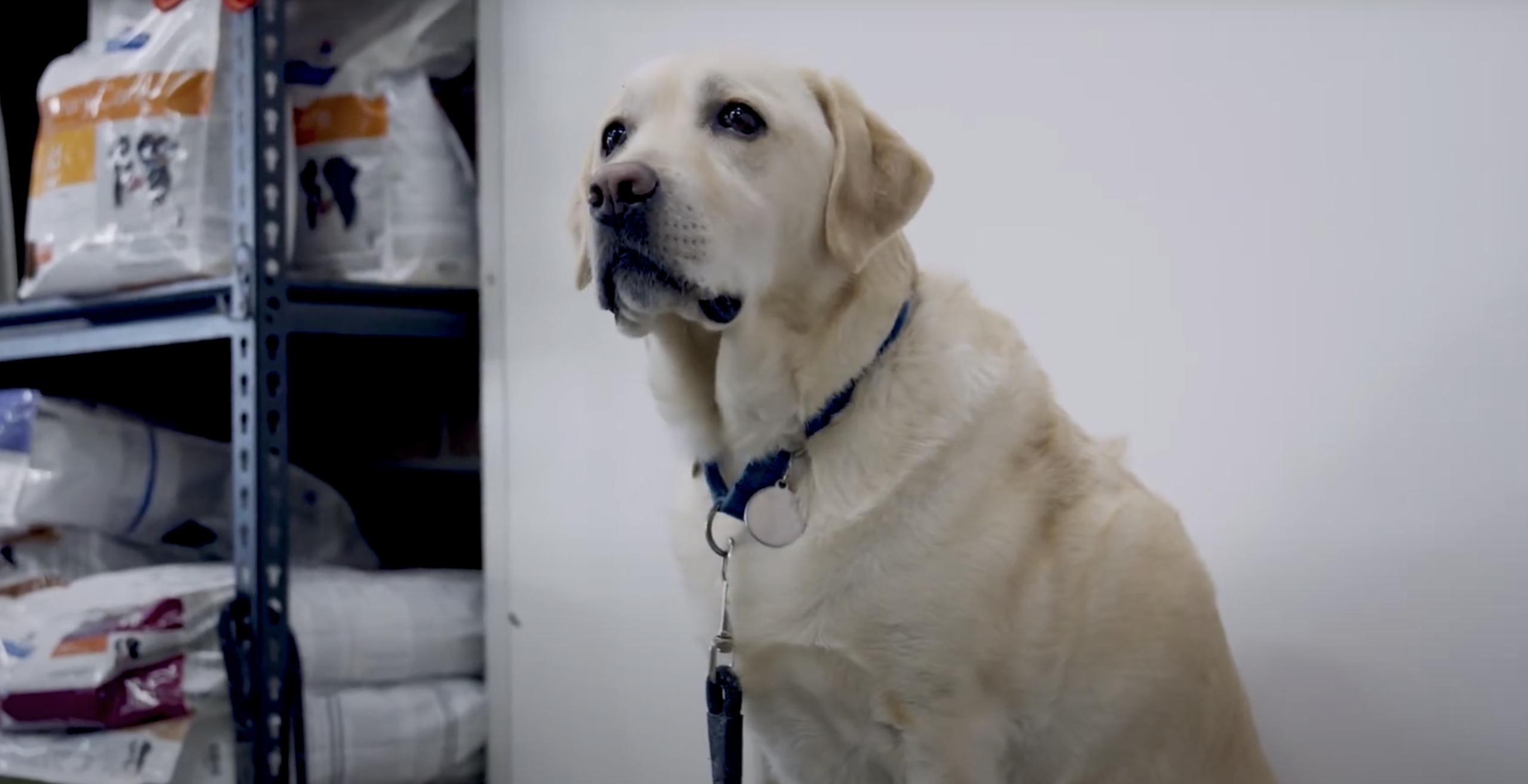Hi there, pet parents! I’m Kate, a vet at Companion Animal Veterinary Hospital. Today, I want to share with you the journey of Tank, a five-month-old Staffy cross who came in for his castration surgery. This behind-the-scenes look will give you an insight into what happens during a routine procedure at our clinic.
Preparing for Surgery
Tank’s day started with a routine check-in. We weighed him (a solid 20kg!) and went through a checklist to ensure he was ready for surgery. This included confirming his last mealtime, checking for any signs of illness, and ensuring he had no physical abnormalities like umbilical hernias or hind dewclaws.
Pre-Anesthetic Blood Testing
We always offer pre-anesthetic blood testing for our surgeries. It’s a crucial step that helps us assess the pet’s health and tailor the anesthesia accordingly. For Tank, this meant checking his liver, kidneys, and blood cell count. Although we found mild elevations in his liver enzymes and white blood cells, everything else was normal, and we decided to proceed with the surgery.
The Importance of Desexing
Desexing, or neutering, is recommended for pets around five to six months old. It’s not just about preventing unwanted litters; it also helps avoid health issues like prostate problems and testicular cancer in male dogs. Plus, it can have a positive impact on their behavior.
The Surgery Process
After Tank’s premedication kicked in, we placed an intravenous catheter and induced anesthesia. Once he was under, we intubated him to maintain his airway and started the castration procedure. The surgery involved removing both testicles, ensuring there were no complications like retained testicles, which can increase cancer risk.
Post-Surgery Care
Post-surgery, Tank was placed on a bear hugger (a warm air blanket) to help him recover comfortably. We monitored him closely as he woke up from anesthesia. Post-operative care is crucial, and we instructed Tank’s owners on how to care for him at home, emphasizing the importance of preventing him from licking the surgical site to avoid infection.
The Benefits of Castration
Castration has several benefits. It can lead to a calmer demeanor in dogs and reduces the risk of certain diseases. It’s also a responsible choice to prevent overpopulation and the resulting strain on shelters.
Wrapping Up
Tank’s surgery was a success, and he was able to go home the same day to recover with his family. His journey from check-in to recovery is a typical example of the care and attention we provide to every pet that comes through our doors.
If you have any questions about castration or any other pet health concerns, feel free to reach out. We’re here to ensure your pets receive the best care and live happy, healthy lives.
Take care, and give your pets some extra love from us!
All the best, Kate






